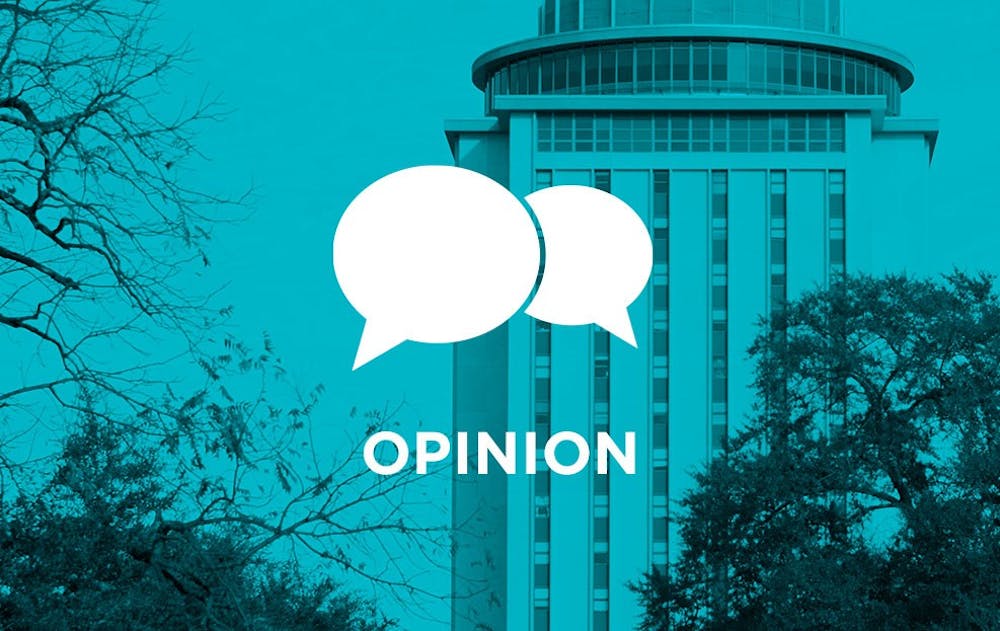Most reasonable and informed political debates require debaters to use facts to support their positions. For example, if you wanted to quantify Obama's economic achievements as president, you might cite the Bureau of Labor Statistics to show how unemployment dropped from 7.8 percent at the time of his inauguration to 4.7 percent when he left office. If you wanted to talk about violent crime, you can show graphs of how the rate of violent crime has been falling steadily since 1994, using data from the FBI Uniform Crime Report. If you want to know what offenses people are in jail for, you can go to the website of the Bureau of Justice Statistics and find out that 68 percent of inmates are held for felonies. On a number of fronts, we depend on the government for an accurate statistical accounting of our world.
So one of the many problems with having a pathological liar as a commander-in-chief, particularly one who has filled his White House and cabinet with other liars, is that we may experience an unprecedented blackout of factual information. Are you interested in tracking Trump's impact on the economy? You're probably relying on statistics from the Department of Labor. Are you interested in his effect on hate crimes? Law enforcement agencies within the DoJ collect and analyze reports from local law enforcement agencies to determine that. We rely on the government to provide us with information about the population, the economy, the weather. We rely on them for health information, transit information, information about science and technology.
Trump's stooges have been desperately trying to deceive us about crowd size at the inauguration to placate their thin-skinned king, but those aren't the numbers we should be concerned about. We should be concerned about what will happen to the many measures of how our world functions that will be under their control over the next four years. How can we reasonably be expected to trust the important statistics the government releases when when the White House has to flat-out lie to us to avoid hurting the president's feelings about something as petty and meaningless as how many people showed up to his party? If in four years economic statistics show that President Trump has failed us, how can we expect his people, who insulate him from even the most trifling things that might bruise his fragile ego, to publish the facts that prove him to be a bad president? How can we expect them to fund government organizations that aggregate information that might imply the president is not doing his job?
To even begin a conversation on the issues facing this country — issues such as injustice, poverty, war, money — we need to have an accurate foundation of facts to start that conversation on. The media can't possibly provide the same information that government institutions currently provide to us. They can't be in every jail, on every street where the police shoot someone, interviewing every family that is being crushed by economic hardship. They can't shine light into every corner — particularly not without the help of governmental statistics, which can tell you where a story is. They can fact-check everything the White House says and still not come up with what's really going on in this country. Without the government to track things so wide-scale that the media can't, our scope of knowledge will be reduced to purely what is happening in our towns and our neighborhoods. We won't be able to see past our own noses. We won't be able to change things because we won't know what needs changing.
Trump's lies and refusals to show information that might be damaging to him are obnoxious and alarming. But as a policy carried over to the government, they're downright terrifying.

